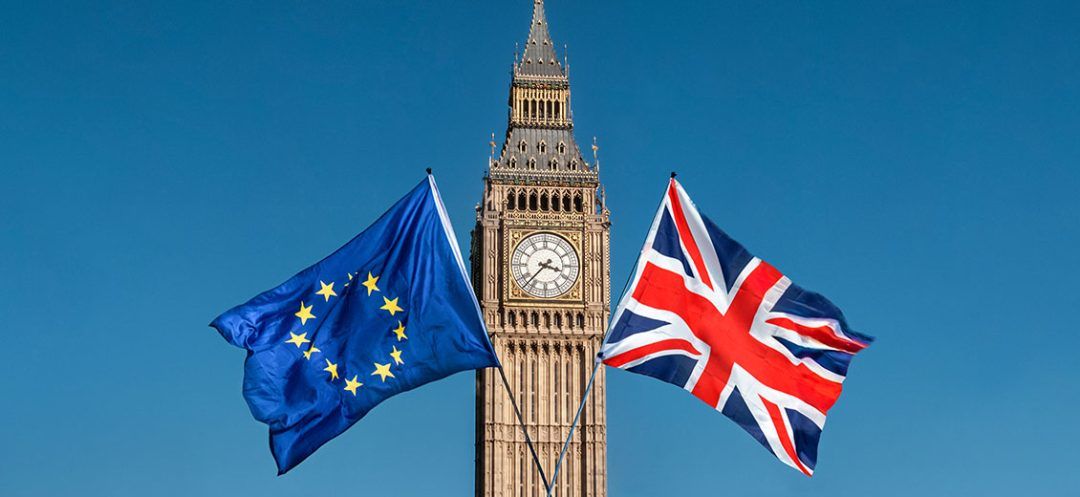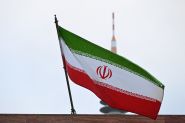- Home
- Middle East
- European-British Security Cooperation: Undefined Areas

In addition to the significant economic challenge posed by Brexit, the security dimension was equally, if not more, crucial from a strategic perspective, given its serious implications for both Europe and Britain. The United Kingdom's departure from the European Union deprived it of access to shared European security and intelligence systems, which play a key role in intelligence exchange between nations, governments and security institutions.
In international relations, security is not limited to security measures alone. The concept has evolved to include policies that promote stability, such as foreign and defense policies, migration and immigration issues, and other problematic areas that could cause security tensions and on-the-ground repercussions.
A European perspective emerged after Brexit, suggesting that Britain’s significant withdrawal – given its political, military and economic weight – should be a catalyst for deeper discussions on how to strengthen and enhance European security. This issue has long been debated in European circles, often accompanied by soft calls for the establishment of an independent European army to free Europe from NATO’s influence and American control. However, such demands have rarely gained serious attention or follow-up.
Naturally, neither London nor Brussels is inclined to reopen the political and organizational debate over the post-Brexit era. It is well known that neither party has any desire to turn back the clock, such as discussing Britain’s return to the EU. This is due to the many political, economic, executive and practical obstacles that have emerged since Brexit.
However, this does not negate the possibility of enhancing cooperation and coordination between the two sides, as often happens between different entities to safeguard their mutual interests. This includes specific areas like youth mobility to and from the EU, with calls growing for easing border procedures at crossing points to make them more seamless, even if not to the extent they once were.
Political positions vary among different European entities regarding the depth of military cooperation with Britain. For instance, France pushes for exclusive reliance on European factories and components in military manufacturing, ensuring that benefits stay within the continent and are mutually shared among its members. However, other parties argue that, while valid, this view deprives Europe of the benefits of some British technologies that could enhance military manufacturing by adding value and quality to weapons production, thus increasing their marketability and generating the desired financial returns.
While there were French reservations about Britain's renewed "involvement" in the European project, albeit from the outside, Germany's stance was completely different. In fact, Germany was the most enthusiastic about creating political and military pathways to allow cooperation with London. Some have described Britain as the party that lacked clarity about the future and the depth of its cooperation with Europe, pointing to the significant differences in approach between former Prime Minister Boris Johnson and current Prime Minister Keir Starmer in this regard (and in other matters, of course).
There are expectations that the British Labour government may pursue more pragmatic policies than the Conservatives, especially given that Labour's prolonged absence from power allowed its leadership to view pressing international (and domestic) issues from a different perspective. However, the key will be in the execution.
Read more




Comments